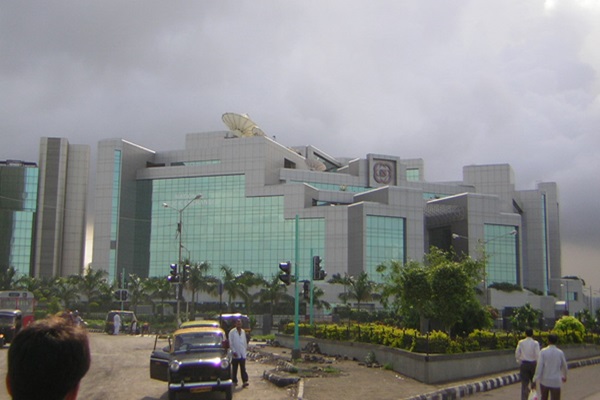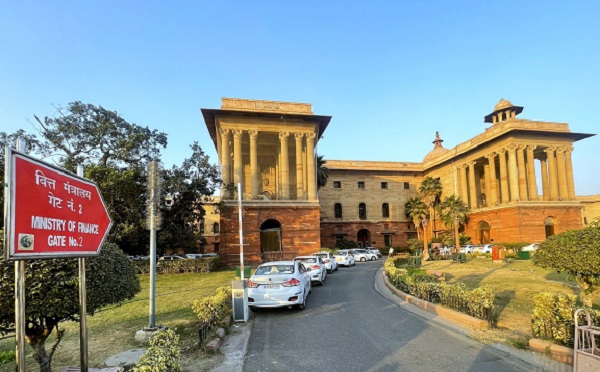.png)

Sanjay Mansabdar teaches finance at Mahindra University in Hyderabad. He brings 30+ years of global experience in derivatives trading and product design, including senior roles at J.P. Morgan, Bank of America, and ICICI Securities.
May 31, 2025 at 3:48 AM IST
History is replete with examples of the masses forcing a popular course correction. From the Magna Carta in 1215 to the French Revolution in 1789, and from the Berlin Wall to India’s own Independence, people power has proved a potent force. As Napoleon observed, “Public opinion is a thermometer a monarch must consult.”
In financial markets as well, we have seen bond vigilantes compel US policy adjustments and retail investors shake up Wall Street with GameStop. Today, a similar pattern may be emerging in India—this time with the long-awaited initial public offering of the National Stock Exchange.
The proposed IPO has been on the table since 2016, but a string of issues has held back the all-important no objection certificate from the SEBI. These include issues relating to the fallout from the co-location “scandal” involving preferential access to some brokers, governance concerns, technical requirements and issues related to its ownership of clearing function, among other issues.
Retail Frenzy
Despite these unresolved concerns, NSE’s unlisted shares have been changing hands at a fast clip over the past year. Institutional investors, perhaps fatigued by the delay, have been cashing out. In response, a wave of retail and high net-worth investors has rushed in. The result: an unlisted share price rally that would make even cryptocurrency traders envious—soaring from a split-adjusted ₹800 to ₹2,300 per share within a year. This surge has vaulted the NSE’s unofficial valuation into stratospheric territory.
Clearly, investors are either dismissing SEBI’s concerns or pricing in a near-certain IPO. To them, NSE remains a crown jewel: a well-run, quasi-monopolistic market infrastructure institution, with an almost unassailable moat in a rapidly financialising market.
This retail-driven exuberance has not gone unnoticed. SEBI has highlighted the risks of trading in unlisted shares on various unregulated electronic platforms. But these cautions have done little to cool demand. To be sure, there is demand for other unlisted shares in these unregulated markets as well. The fervour is spilling over into other MIIs, driving a rally in unlisted shares of NSDL and NCDEX.
The NSE already appears to have a few hundred thousand shareholders, edging closer to the levels of its long-listed peers, BSE and MCX. In a master-stroke, the NSE has helped this broad-basing of shareholding by scrapping board approval for transfers and reducing the settlement time to acquire its shares from a few months to a few days, in addition to offering generous dividends and a stock split.
Regulatory Response
Over the past few weeks, the SEBI seems to have softened its stance indicating that all issues—the whole laundry list—are under discussion with an expectation of quick resolution. This shift is a bit surprising since one would expect such matters were already in continuous discussion over the last decade. That they may now be addressed simultaneously—and suddenly—raises an uncomfortable question: is the sheer breadth of NSE’s unlisted ownership forcing SEBI’s hand?
Regulators now need to strike a tricky balance. If it moves too slowly, the market risks an unsustainable bubble as price discovery remains opaque. If it capitulates too readily, it undermines its own authority by appearing reactive to investor pressure. Moreover, not all the flagged issues are trivial; some genuinely merit resolution before any public offering.
Whether SEBI is being forced to act or is simply responding to market developments, it must walk a fine line between prudence and pragmatism.
Either way, retail investors of NSE are in for a bit of a ride.




